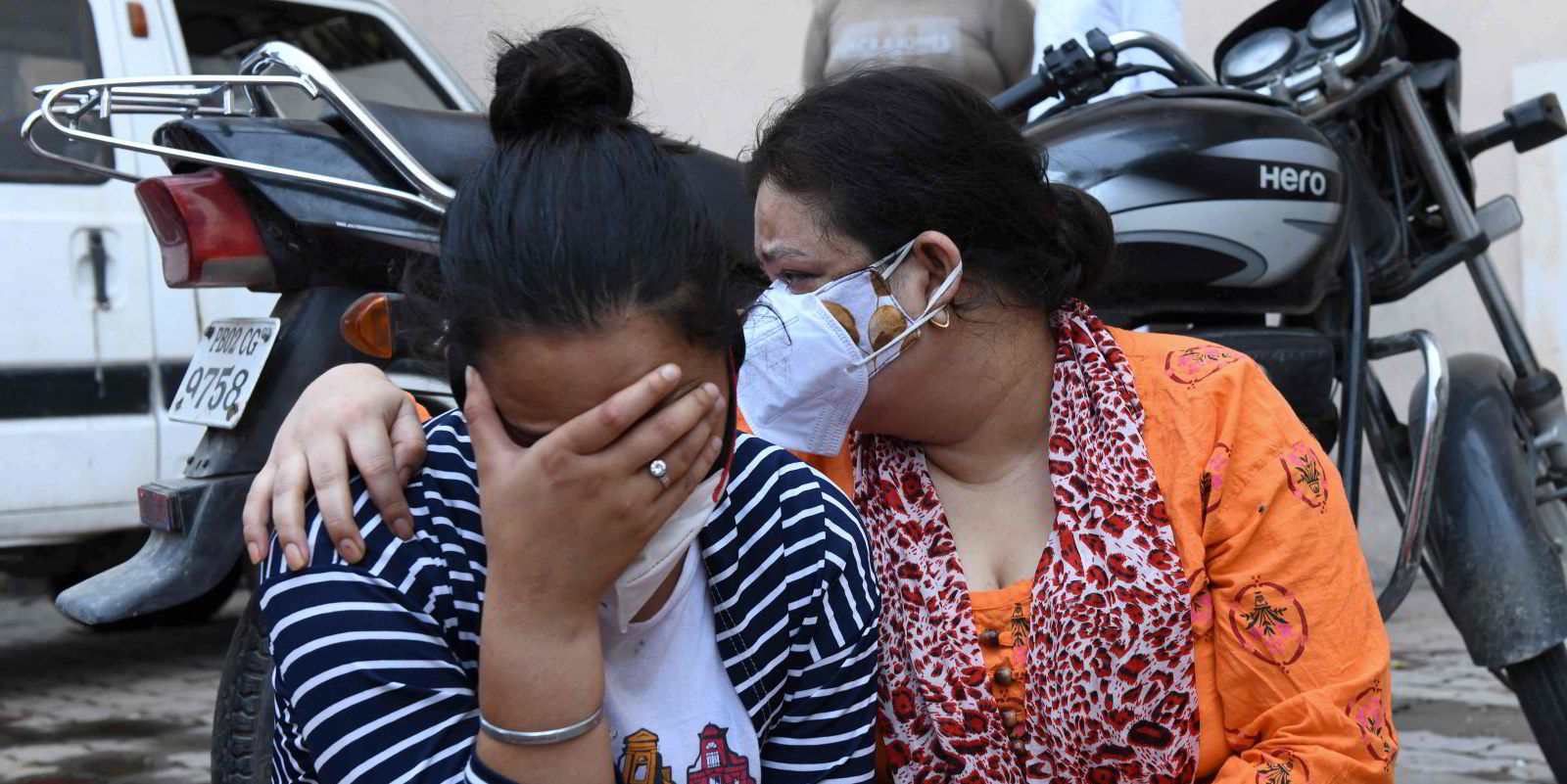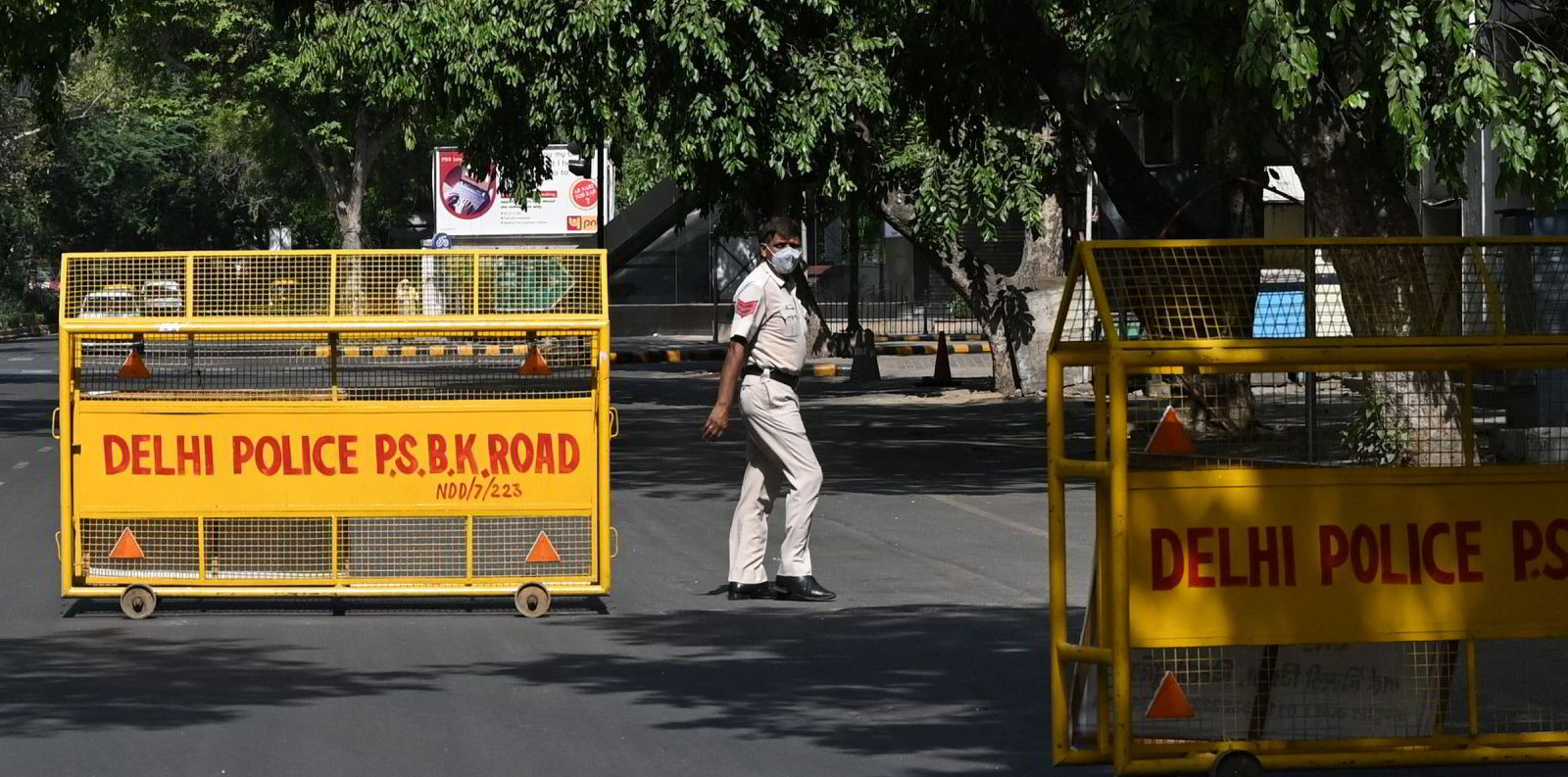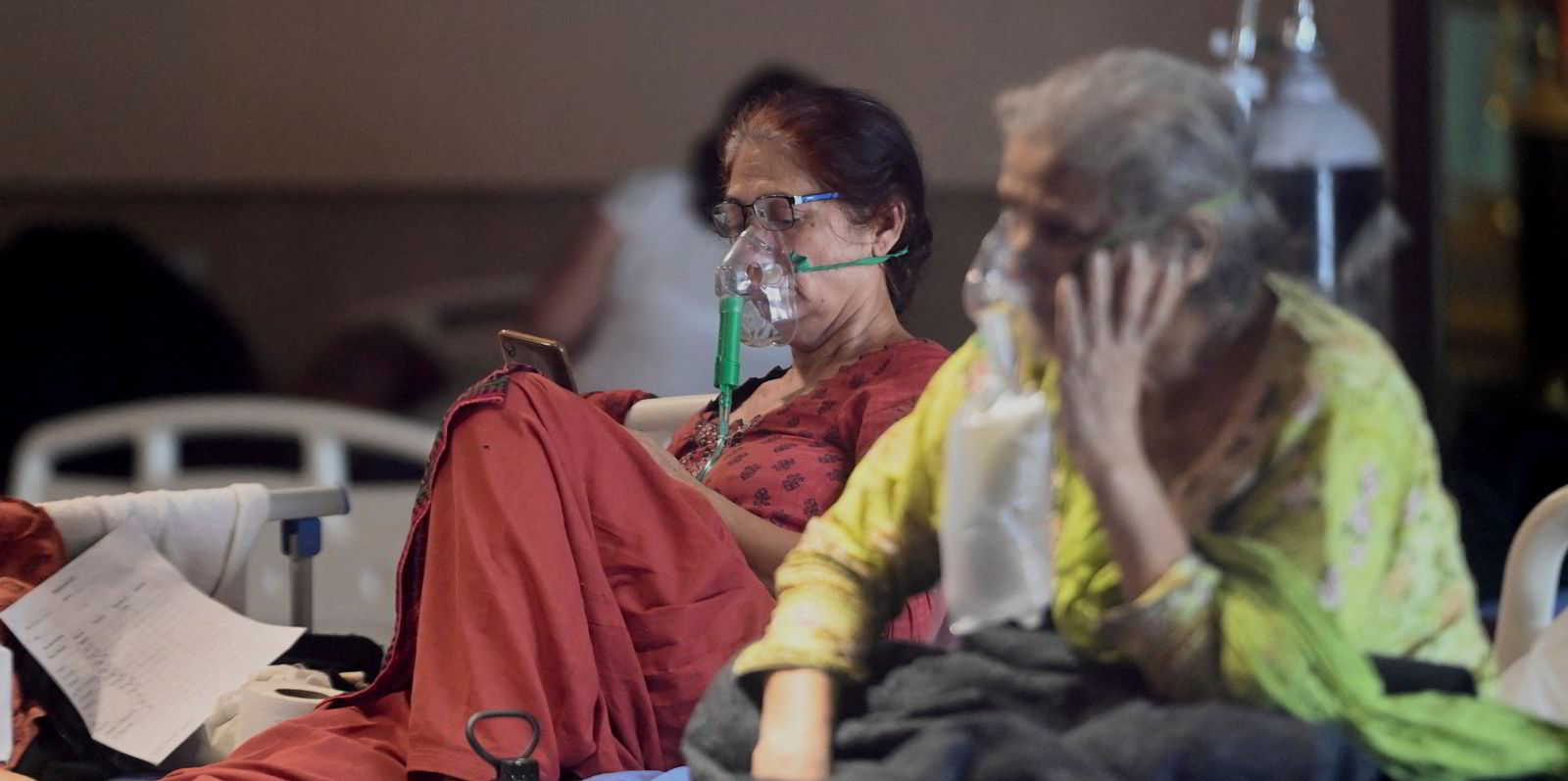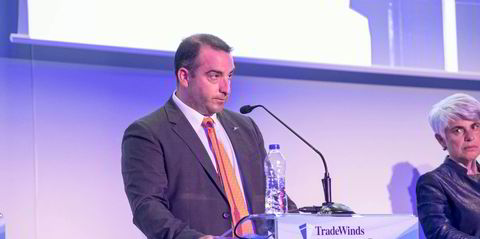When Rohan Shetty quit the hectic life as the head of a large shipbroking company in Dubai to seek a quieter life in a picturesque hill station high up in the mountains of Tamil Nadu state in southern India, he had no idea that within a couple of years he would be coordinating a Covid-19 volunteer response team.
From his remote mountain top home near the town of Kodaikanal, the former head of ICON Chartering helps oversee a team of more than 130 volunteers, including doctors and mental-health professionals, all of whom are members of the Old Lawrencians Association, a close-knit group of former pupils of the prestigious Lawrence School in South India.
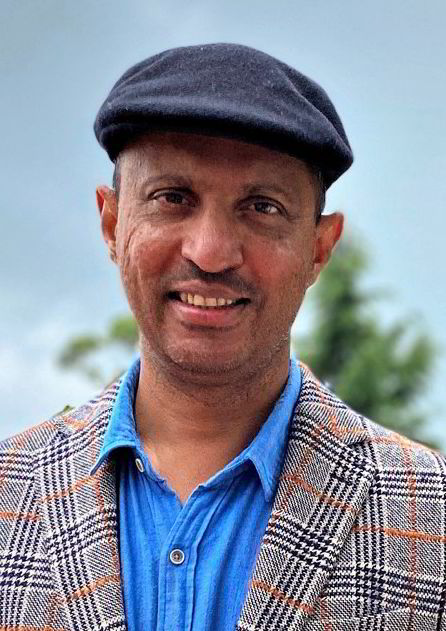
The lethal wave of Covid-19 that has spread rapidly across India over the past two months has infected more than 12 million people, leaving more than 100,000 dead. Many health experts claim the numbers are far higher as many cases remain unreported.
India's healthcare system is unable to cope, overwhelmed and with widespread shortages of hospital beds and oxygen.
“People are struggling, and everyone is suffering," Shetty told TradeWinds. "We ‘old boys and girls’ asked ourselves what we could do with the resources we have in terms of capabilities, knowledge and contacts.”
The crisis network started small, responding to requests for checks on people in distant places such as an elderly mother living on her own on a tea plantation, or an invalided uncle isolated in an apartment in Mumbai.
It quickly evolved as more volunteers with new skill sets and contacts jumped on board, allowing the network's tentacles to spread across the country.
The scope of services now ranges from trying to source hospital beds, medicines and oxygen, to getting second opinions from medical professionals.
It even offers a mental-health crisis hotline staffed by professional counsellors.
“Mental health is a serious issue," Shetty said. "People are trying to cope with isolation, separation, and even the loss of friends and family members. Everyone is getting totally freaked out because of the constant doomsday reporting by the media.”
The network does not ask for money, only the commitment and time of volunteers.
“It is easy to write a cheque and give it away, but money cannot buy you a hospital bed or a ventilator [in India],” Shetty explained.
Adaptable for shipping

He added that the network could not have happened without digital technology and electronic communication systems.
He is one of two coordinators overseeing the network system despite, as he described it, “sitting on a mountain top”.
Many volunteers participate virtually.
Shetty said: “The system matches needs with the resources of the volunteers. We can hook up people virtually with volunteer doctors and counsellors worldwide.
“About 30% of our requests come from outside India, from people concerned about their loved ones back home.”
Shetty credits the younger generation of alumni members for pushing out the ideas that have allowed the response network to get up and running in a very short space of time.
“We only launched this a few weeks ago, and it has grown so rapidly," he said. "The young alumni have so much energy and think so differently. They are full of ideas and solve problems so quickly.”
The initiative is only available to the family and friends of the 7,000 or so members of the Old Lawrencians Association.
Shetty and the team would love to open up to a broader community, but the scale of the crisis is so big that they fear to do so would put them in danger of becoming overwhelmed.
What Shetty would like to see is a similar system established for Indian seafarers, who he believes “must be sick with worry about what is happening back home”.
Given the widespread access to internet on board ships, he believes that if a volunteer network was established, perhaps by the Indian ship-management and seafaring community ashore, it could be established in quick time.
“This is the time for everyone to come together,” he said.
“I am happy to share my experience with people in shipping so that this can be replicated for the maritime industry. If, in this process, we can reduce stress and even save lives, then we would have done good in this world.”
